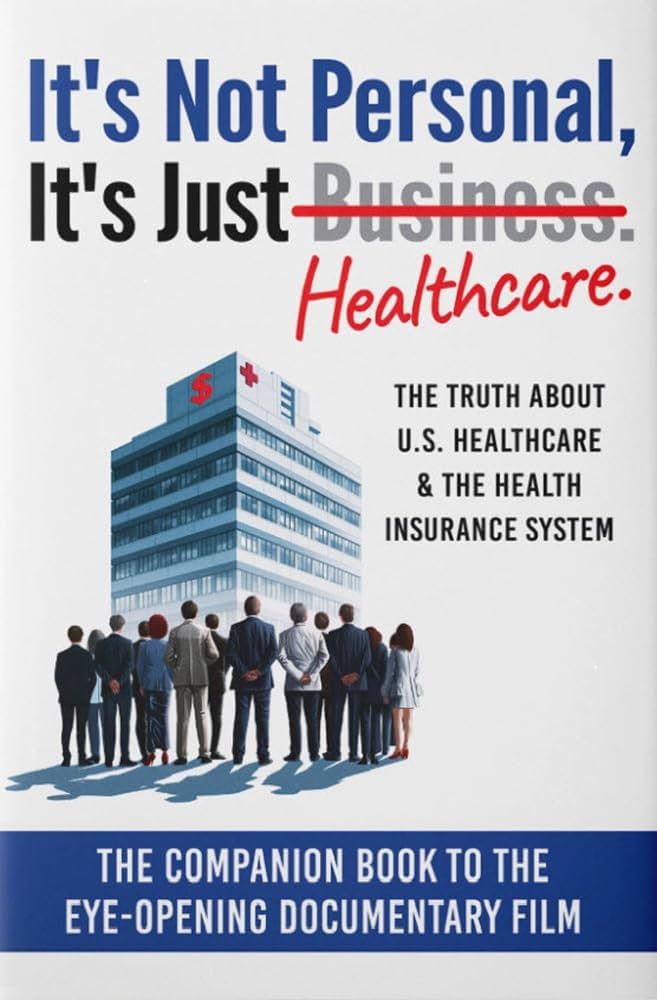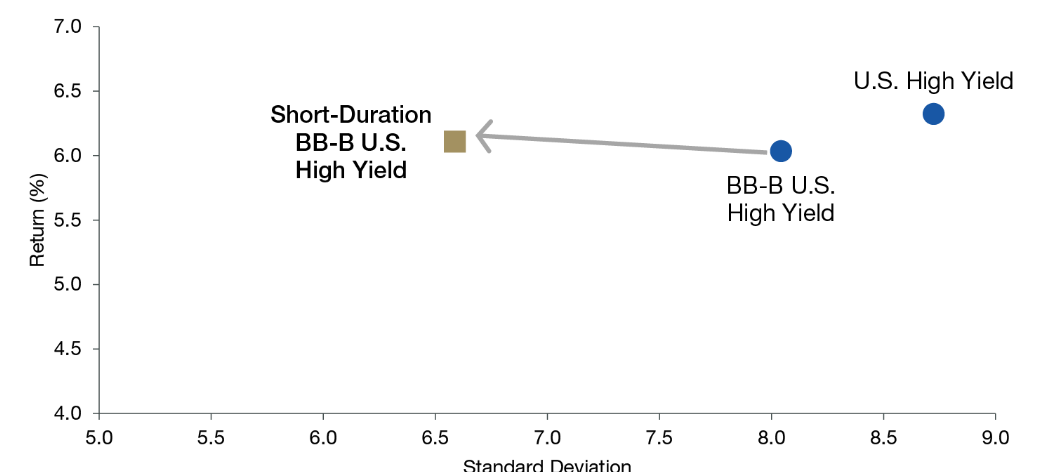Why Our Health Decisions Should Be Based on Facts, Not Feelings
When dealing with matters of healthcare, how often do we let our personal opinions and emotions guide our decisions? In this modern age, it’s crucial to separate our personal biases from the scientific facts that ought to govern our health choices. This shift in thinking can transform the way we perceive medical treatment, pushing us towards a mindset encapsulated by the phrase: "It’s not personal; it’s just healthcare."

Healthcare has always been an intimate issue, deeply intertwined with our personal lives. Our health affects not just us but our families and loved ones, making it a matter of great emotional importance. However, this inherent connection to our personal lives can sometimes cloud our judgment. When it comes to making decisions about our health, it’s imperative we pull back the curtain of personal bias to reveal the underlying truth—healthcare should be approached with objectivity.
The Triumph of Evidence Over Emotion
Let’s start with diagnostics. Imagine you’ve been experiencing symptoms that you find alarming. Perhaps, driven by fear and anecdotal advice from friends or forums, you might lean towards a specific diagnosis or treatment. Here’s where the problem arises; symptoms can be misleading. They might point in one direction, while the actual cause lies elsewhere. Medical professionals aren’t swayed by horror stories or heart-wrenching tales from the internet; they stick to empirical evidence. Tests like blood work, imaging, and clinical examinations provide a factual basis for their conclusions, ensuring that treatment is directed by science, not sentiment.
The Role of Healthcare Providers
Doctors and nurses spend years honing their skills and understanding human anatomy, diseases, and treatments. While empathy and care play a significant role in healthcare, their training emphasizes on following protocols based on scientific evidence. A physician isn’t going to change a course of treatment because the patient or their family prefers an alternative explanation. The goal is always the optimal health outcome, and this often requires making decisions that might not align with personal wishes but are backed by research and guidelines.
Understanding the Cost-Benefit Analysis
Healthcare is also an economic issue. Institutions and insurance companies weigh the cost of different treatments against their effectiveness. This kind of analysis might make some decisions seem impersonal, but it ensures that when choosing between a myriad of options, the decision is made with the patient’s best interest in mind, not influenced by personal pressures or favors.
Patient Autonomy Within the Framework

Indeed, patient autonomy and the right to choose are essential, but these choices should still be grounded in reality. An informed consent means understanding the medical facts. A patient can refuse treatment, but they should do so with a clear understanding of what that decision means for their health. Here, healthcare providers must walk the fine line between respecting autonomy and providing the necessary information to make an educated choice.
Embracing a Healthcare Mindset
The transition towards a healthcare system where facts and evidence take precedence over personal judgments isn’t just about cold logic; it’s about providing the best care possible. By embracing this mindset, healthcare providers can ensure that the decisions they make are in the best interest of all patients, not just the ones with compelling stories or personal connections.
Remember, our health is not a reflection of our personality or desires; it’s a biological state that requires careful, factual intervention. When we step into a hospital or doctor’s office, we’re not just looking for sympathy or personal validation; we’re seeking solutions based on what’s been proven to work. And while compassion is crucial in healthcare, the bottom line, as harsh as it might sound, is that:
Healthcare isn’t about emotion; it’s about effectiveness and outcomes.



